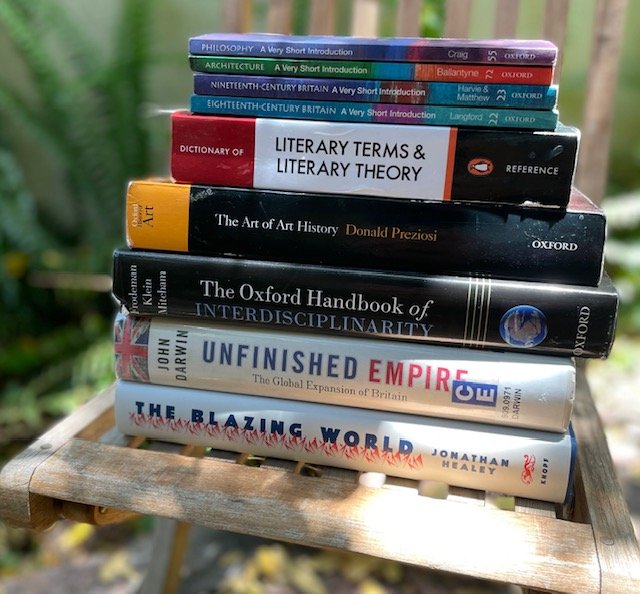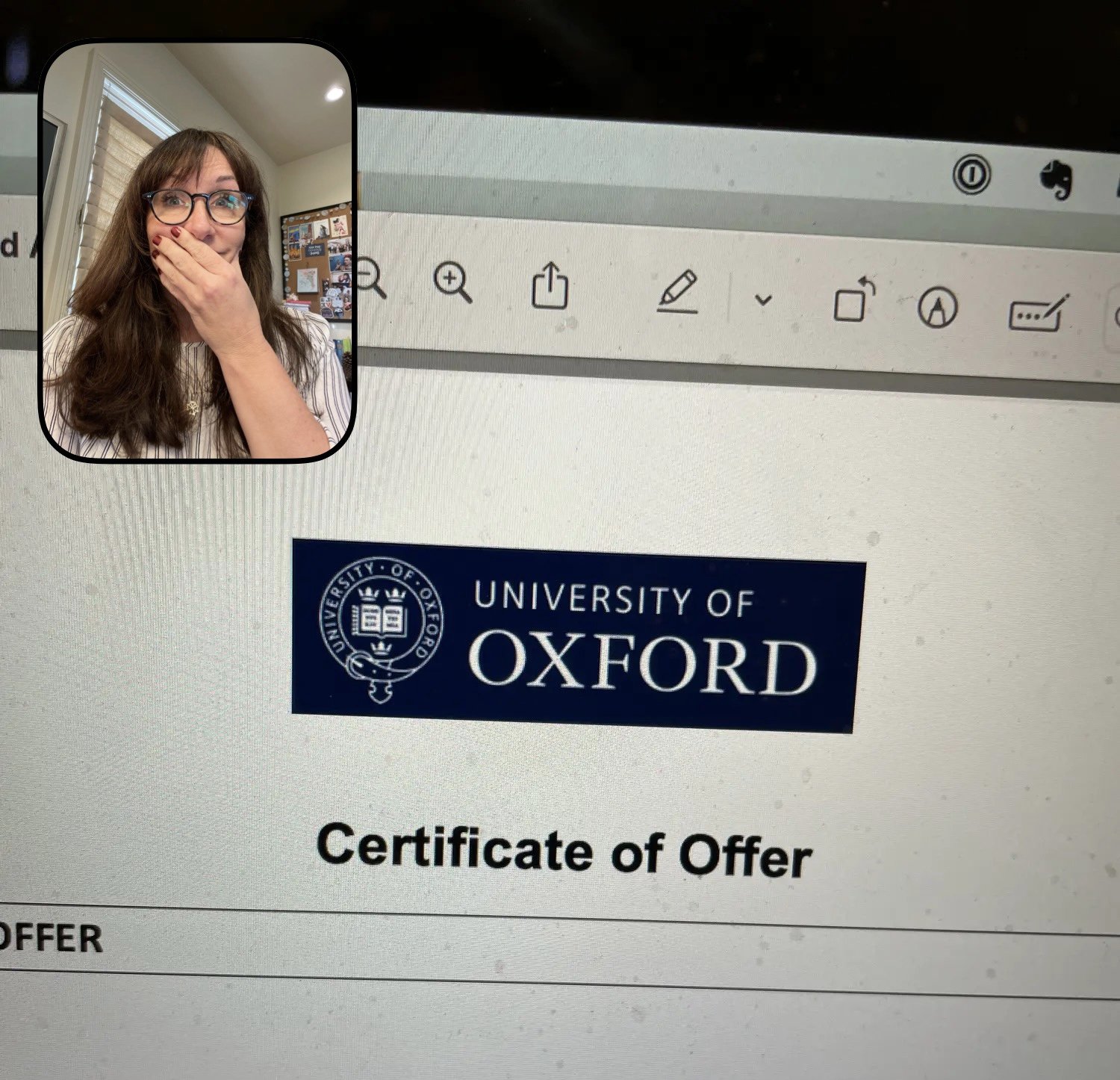The whole entire book of Colossians is blowing up my life.
The explosion is a long time coming, because back in the First and Second books of Peter (letters he wrote to struggling Christians he knew), I couldn’t walk away from my reading without wrestling with a lot of little niggling things. I read those two short books just last month, so the collateral upheaval is acute as I sit here in February of 2022 in the wake of what isn’t quite yet a wake of a pandemic.
I’m not a Bible teacher, so I won’t be parsing Scripture here. But if you are curious to know where God seems to be lighting a little TNT under the churches Peter and Paul wrote to in the books of 1 & 2 Peter and Colossians, hold onto your hat for a few combustible moments.
Actually, just two:
Peter lays out the Christian’s identity in the second chapter of 1 Peter. He uses words like a chosen race, a royal priesthood, a holy nation, a people for his possession. The meaning of each of those monikers can be broken down and cross-referenced and have been done so by commentators across the centuries. The short version is that when God enters the life of a believer in Christ, that believer becomes his.
He goes on to say, Look—you’re so loved by God and protected by him and secure in his love for you, you don’t need to do all the empty things you were doing to make yourselves feel better about yourselves. The reminder of who the believers are and whose they are should make us religious people relax. He loves us!
And then, Peter drops the bomb.
“Submit to every human authority because of the Lord, whether to the emperor as the supreme authority or to governors as those sent out by him to punish those who do what is evil and to praise those who do what is good. For it is God’s will that you silence the ignorance of foolish people by doing good. Submit as free people, not using your freedom as a cover-up for evil, but as God’s slaves. Honor everyone. Love the brothers and sisters. Fear God. Honor the emperor.”
Excuse me, but what?
I picked up my phone and texted an older, wiser friend who actually is a Bible teacher and I asked, “How do we read the second chapter of 1 Peter and demand from our leaders our perceived freedoms? Is it just me, or do we submit to our government, even if we lose our earthly freedoms to do what we want?”
Before I disclose her reply, I want you to know that I wasn’t being pawky when I asked. And in the political climate that has seen mask mandates and protests and freedom convoys, I know I risk losing some of you, too. It’s okay. Maybe you read this passage differently than she and I have. You have that freedom. But here’s her response to me:
“I think we submit. And look like Jesus whatever the cost.”
Can you feel the shrapnel? When Jesus blows up our expectations and bids us to take up our cross to follow him and “look like Jesus whatever the cost”, there’s a lot of shrapnel. It changes us. It makes us look at our lives a little differently. It burrows itself into our broken places but always, always in light of the reminders that we are just what God has called us: His. For his glory and our good.
I’ll come back to the second explosion in 2 Peter next time. Until then, remember whose you are and that he never, ever wastes what we give up to follow him.









